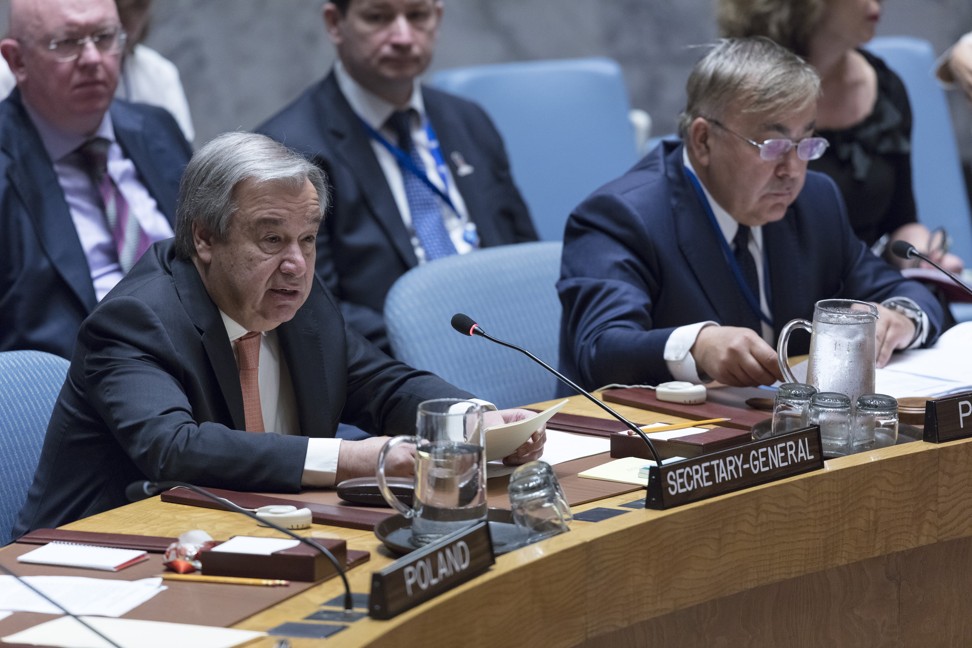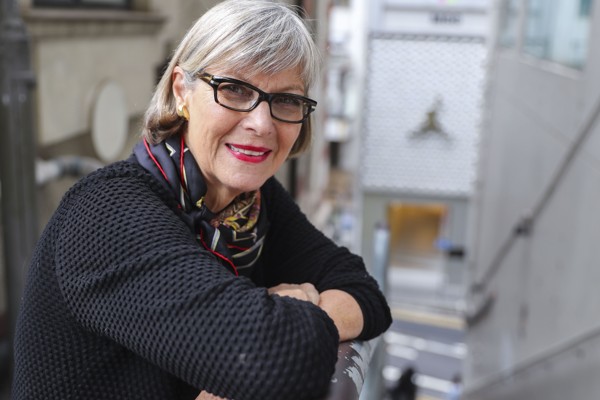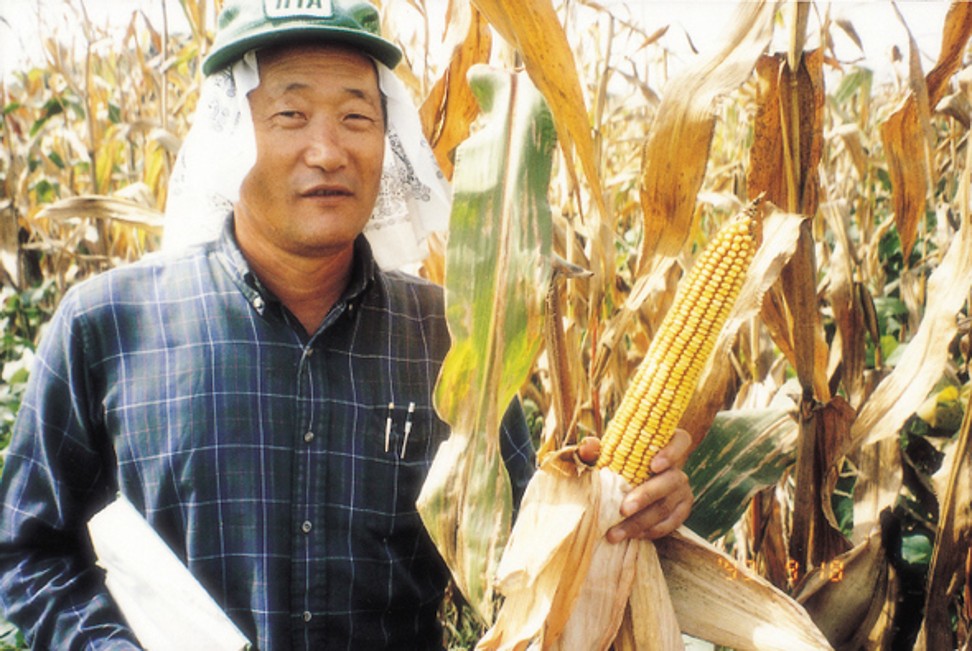
North Korea UN sanctions are hurting the vulnerable, aid workers say
‘Very little’ aid reaching those who need it most and some China channels have recently been blocked, according to humanitarian workers
The UN sanctions regime against North Korea is hurting the “wrong people” – those who need help the most – according to aid workers with long experience in the isolated country.
They say it has become more difficult for them to deliver badly needed humanitarian aid to the reclusive nation, and that some of their channels through China had recently been blocked because of the sanctions.
KorAid director Katharina Zellweger, who has been involved in aid work in North Korea since 1995 and lived in Pyongyang for five years, said the sanctions were affecting those “who only have very little”.
“The sanctions they have now are really affecting the wrong people,” Zellweger said, adding that the “vulnerable” – children, pregnant women, elderly, ill and people with disabilities – had been hardest hit.
Pyongyang has been the target of a string of UN bans from trade to travel for more than a decade. The UN Security Council passed its toughest resolution yet in September, limiting exports of crude oil and refined petroleum products to North Korea and banning joint ventures with the country in response to Pyongyang’s repeated nuclear and missile provocations.

With the sanctions in place, the amount of humanitarian aid reaching the country has dropped dramatically in recent years, its value going from US$117.8 million in 2012 to US$43.8 million in 2016, according to the East-West Centre and the National Committee on North Korea.
Kim, the economy and why UN sanctions did not bring North Korea to the summit table
“Over many years, humanitarian aid has been decreasing steadily. Very, very little goes in [even though] there are still big needs,” according to Zellweger, who set up Hong-Kong based KorAid in 2015.
She said one of the most urgent needs was to treat outbreaks of tuberculosis, an infectious disease that mainly attacks the lungs.
“The global fund has stopped [a tuberculosis] programme … thousands of people do not get medicine any more and there is a higher risk that [tuberculosis] may spread much wider,” she said, adding that it was vital to continue aid programmes that supported the country’s health care system.

An estimated 130,000 North Koreans suffered from tuberculosis in 2016, according to the World Health Organisation.
Adding to the difficulties faced by non-governmental organisations in North Korea, Zellweger said they were also receiving fewer donations because of the sanctions.
“[It’s become much harder to] find suppliers … and shipping companies as they don’t want to do business in North Korea. Everything has become much more complicated,” she said.
Seoul says sanctions on North Korea may be eased before denuclearisation
The International Corn Foundation has had the same problem. Director Kim Soon-kwon – who set up the NGO in 1998 and has been dubbed “Dr Corn” – also said donations had gone down since the sanctions were imposed.
Kim is an agricultural scientist from South Korea who developed a hybrid corn that has significantly increased crop production in the North, where it is a staple food.

“After the sanctions were imposed, the negative sentiment about helping North Korea started building and we saw a dramatic decline in donations,” Kim said, adding that many NGOs operating in the country would have had the same experience.
“NGOs are run and maintained on donations from ordinary people … negative perceptions about supporting North Korea do not help us to carry out our aid work,” he said.
Were Japan’s missile defence plans made for China instead of North Korea?
Kim also said that channels they had previously used through China to reach people who needed help in North Korea had been shut down because of the sanctions.
Trade between North Korea and its neighbour China – a gateway to the hermit state – plunged 10.5 per cent last year from 2016 after the latest UN sanctions took effect, according to China’s General Administration of Customs.
“We’ve been helping North Koreans through our China channels, but recently some of those channels were also blocked,” Kim said, adding that isolating the country further would only worsen the situation for ordinary people who had limited access to basic nutrition.
“Sanctions put the North Korean economy at stake and they affect people from right across society – but those who are suffering the most are ordinary people and the less fortunate,” he said.
“If governments can’t help North Korea [for political reasons] then [they] must let civilian sectors engage and help the people in the North.”

